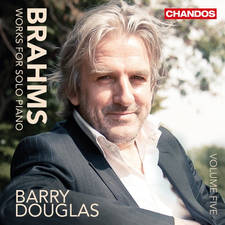Classical music can help lower blood pressure
9 June 2015, 10:23 | Updated: 9 June 2015, 11:34
Cardiologists at Oxford University have found that some classical pieces, such as Beethoven’s Ninth Symphony, are in sync with the body’s natural rhythm so can significantly lower the listener’s blood pressure.
The findings were presented by Professor Peter Sleight at the British Cardiovascular Society conference this month.
In the study, participants were played music of different styles while researchers analysed their pulse and blood pressure.
While some classical pieces lowered a listener’s blood pressure, rap and pop music was found to have the opposite effect.
Listen to relaxing classical music
Faster classical pieces – such as Vivaldi’s The Four Seasons – didn’t have the same lowering effect on the listener’s blood pressure.
Speaking at the conference, Professor Sleight explained that some composers, including Verdi, seemed to have managed to mirror the natural rise and fall of blood pressure in the human body.
“Verdi may well have been a physiologist,” he said, “he hit on this ten-second rhythm in blood pressure and you can see it in his music.”
“Our research has provided improved understanding as to how music, particularly certain rhythms, can affect your heart and blood vessels. But further robust studies are needed, which could reduce scepticism of the real therapeutic role of music.”
Professor Jeremy Pearson, associate medical director of the British Heart foundation sounded a note of caution, however, saying to the Daily Mail:
“We know that stress can play a role in cardiovascular disease so the calming effect of music may have some potential as a therapy. However, as Profession Sleight points out, more robust evidence is needed before we see cardiologists prescribing a dose of Taylor Swift or 30 minutes of Vivaldi a day.”


































